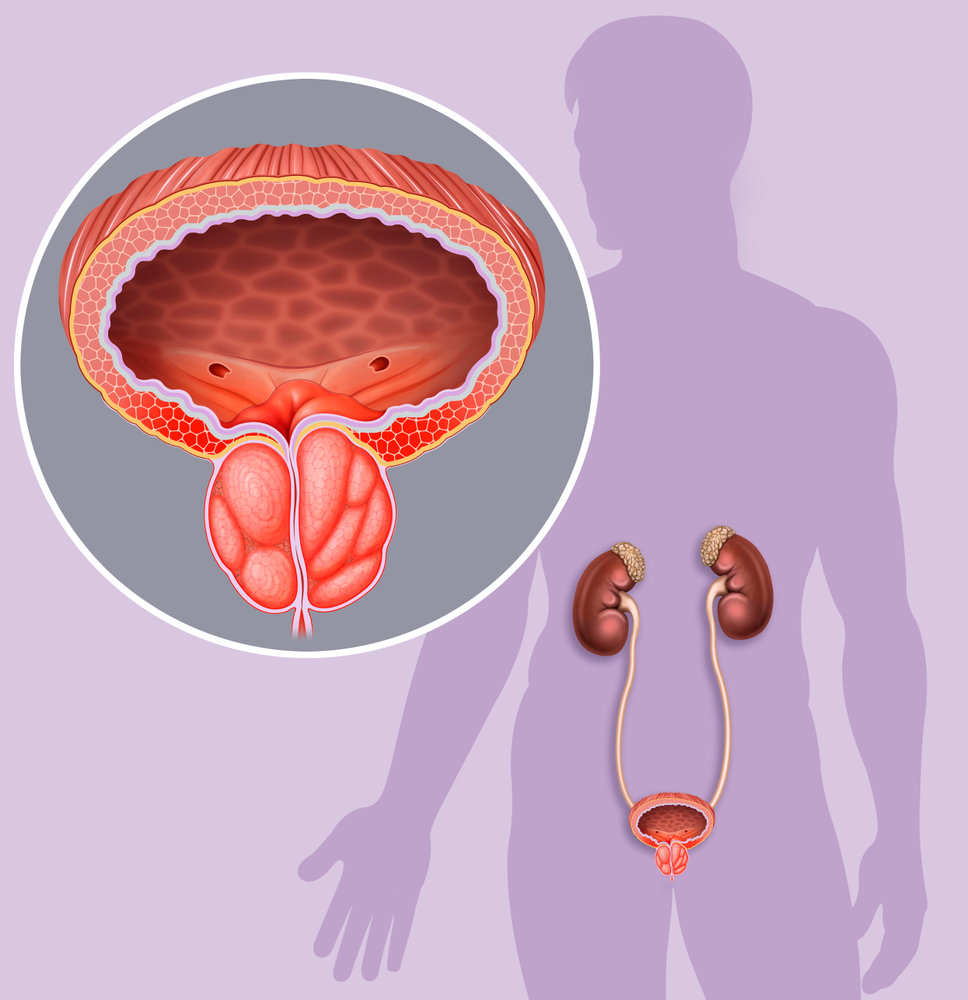
Prostate Cancer Treatment in Mumbai
What is Prostate ?
In addition to the penis, prostate, seminal vesicles, and testicles, the prostate is part of the male reproductive system. In front of the rectum, the prostate is located just below the bladder. It surrounds the urethra (the tube that empties urine from the bladder) and is about the size of a walnut. Semen is made up of fluid produced by it.
What is Prostate Cancer ?
Prostate cancer occurs when cells multiply and grow out of control, resulting in a mass or tumour. Some tumours remain small and grow very slowly, causing no problems for the rest of a man's life; others are aggressive (which may eventually spread to bone), grow rapidly, and become life-threatening.
What are the reasons for being aware?
Prostate cancer can be very successfully treated if diagnosed early (before it spreads outside the prostate gland). In at least 9/10 cases, treatment results in a long-term cure. Cancer that is advanced, however, is very difficult to cure. The prospects are worse if the cancer has spread outside the gland. The chances of a cure are reduced even if there is a small amount of spread.
In the case of a more distant spread, there is very small chance of a cure. Only a minority of these patients can be cured with treatment, though they can live more years and have less pain. The survival rate for patients with cancer spread outside the prostate is less than one in three. All men over 50 should be aware of the warning signs and check with their doctor at regular intervals.
There are three distinct types of disease of the prostate gland. These diseases share many symptoms, but have different causes. This makes it very important to include prostate cancer screenings as a component of the annual physical examination and to be referred to a urologist if symptoms indicative of possible prostate disease are identified.
Benign Prostatic Hyperplasia (BPH) is a non-cancerous enlargement of the prostate gland that affects approximately 50% of all men before the age of 50 and greater than 75% percent of men over the age of 60.
Symptoms of BPH include:
- Difficulty urinating
- An urge to urinate even when the bladder is empty
- Frequent urination, especially at night
- A weak or intermittent stream of urine and a sense of incomplete emptying when urinating
Prostatitis is an inflammation of the prostate that may be caused by a bacterial infection. This disease may affect men of any age and can occur in any prostate whether small or enlarged.
Symptoms of prostatitis include:
- Difficulty urinating
- Frequent urination, especially at night
- Pain or burning during urination
- Chills and fever along with urinating problems
Prostate cancer is the second leading cause of cancer deaths among men. However early detection often leads to the effective treatment of prostate cancer.
Symptoms of prostate cancer include:
- A need to urinate frequently, especially at night
- Difficulty starting urination
- Inability to urinate
- Weak or interrupted flow of urine (dribbling)
- Painful or burning urination
- Painful ejaculation
- Blood in urine or semen
- Frequent pain or stiffness in the back, hips, or upper thighs
It is recommended that males aged 50 and above be screened annually. Those with a family history of prostate cancer should begin annual screening at age 40.
 Call For Appointment
Call For Appointment